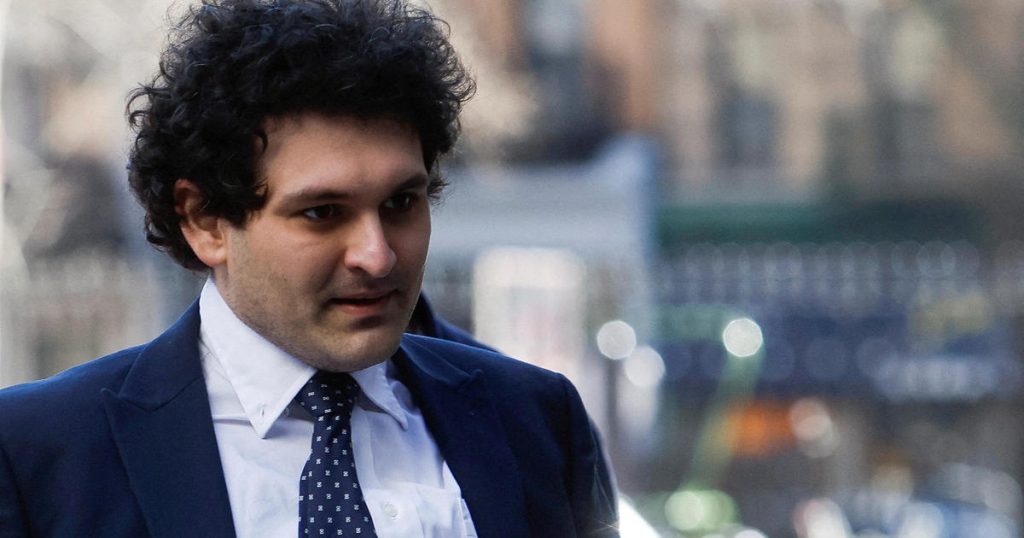Former cryptocurrency billionaire Sam Bankman-Fried has been sentenced to 25 years in prison for his involvement in a large financial crime in the U.S. He was convicted on multiple counts of fraud, conspiracy, money laundering, and other charges related to commodities and securities fraud. Prosecutors had initially sought a sentence of 40-50 years, while Bankman-Fried’s defense team argued for a maximum of six and a half years, citing his lack of intent to defraud customers.
During his sentencing hearing, Bankman-Fried’s attorneys claimed that he did not intend to defraud customers and urged Judge Kaplan to show leniency. They described him as an “awkward math nerd” who tried to return customers’ money after FTX, the cryptocurrency trading platform he co-founded, collapsed. Despite plans to appeal his conviction, former federal prosecutor Andrey Spektor believes that the verdict is unlikely to be reversed.
At the hearing, Bankman-Fried expressed remorse to his former FTX colleagues, acknowledging the impact of his actions on them. His conviction stemmed from the collapse of FTX in 2022, which revealed an $8 billion shortfall in funds. Bankman-Fried was accused of using depositor money to support his hedge fund and make luxury purchases, as well as donations. The collapse of cryptocurrency prices in 2022 led to FTX’s downfall, as Bankman-Fried attempted to shore up his hedge fund with customer funds.
Three former FTX associates testified against Bankman-Fried, admitting to related crimes. Among them was Caroline Ellison, Bankman-Fried’s former romantic partner, who claimed that he pressured her to commit fraud. The case has shed light on the risks and consequences of financial crimes in the cryptocurrency industry. Bankman-Fried’s downfall serves as a warning to others in the sector, highlighting the importance of ethical conduct and compliance with regulations to protect investors and prevent future fraudulent activities.
The sentencing of Sam Bankman-Fried to 25 years in prison marks a significant development in one of the largest financial crimes in U.S. history. The case underscores the need for transparency, accountability, and adherence to legal standards in the cryptocurrency market. As the industry continues to evolve and attract new participants, it is essential for regulators and market participants to prioritize integrity and ethical practices to safeguard the interests of investors and maintain trust in the financial system.


